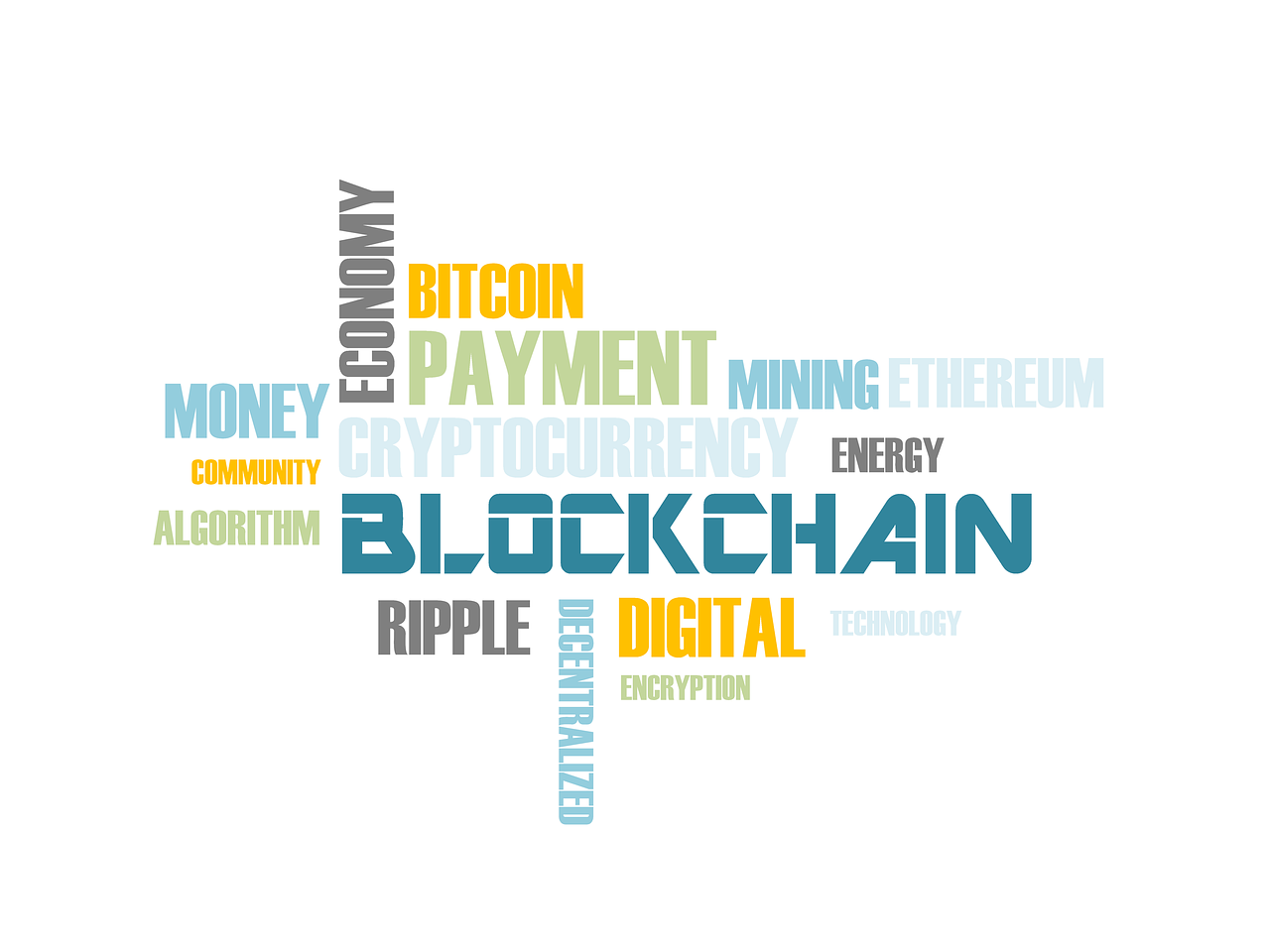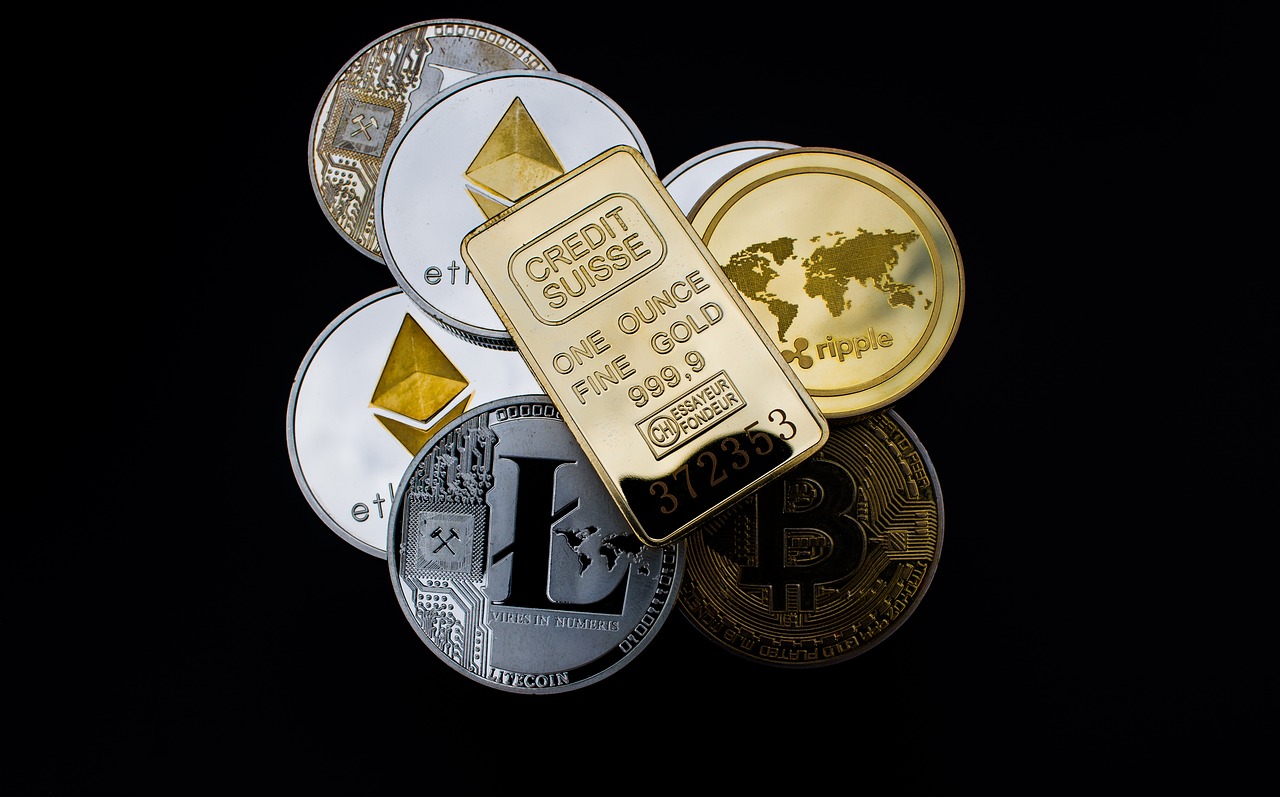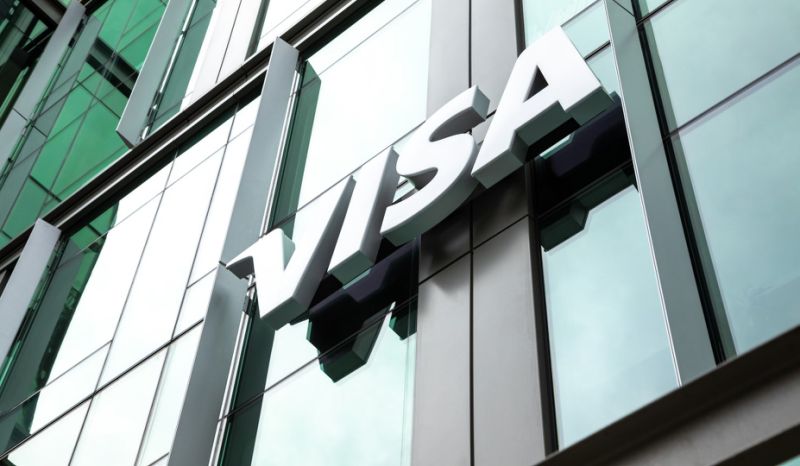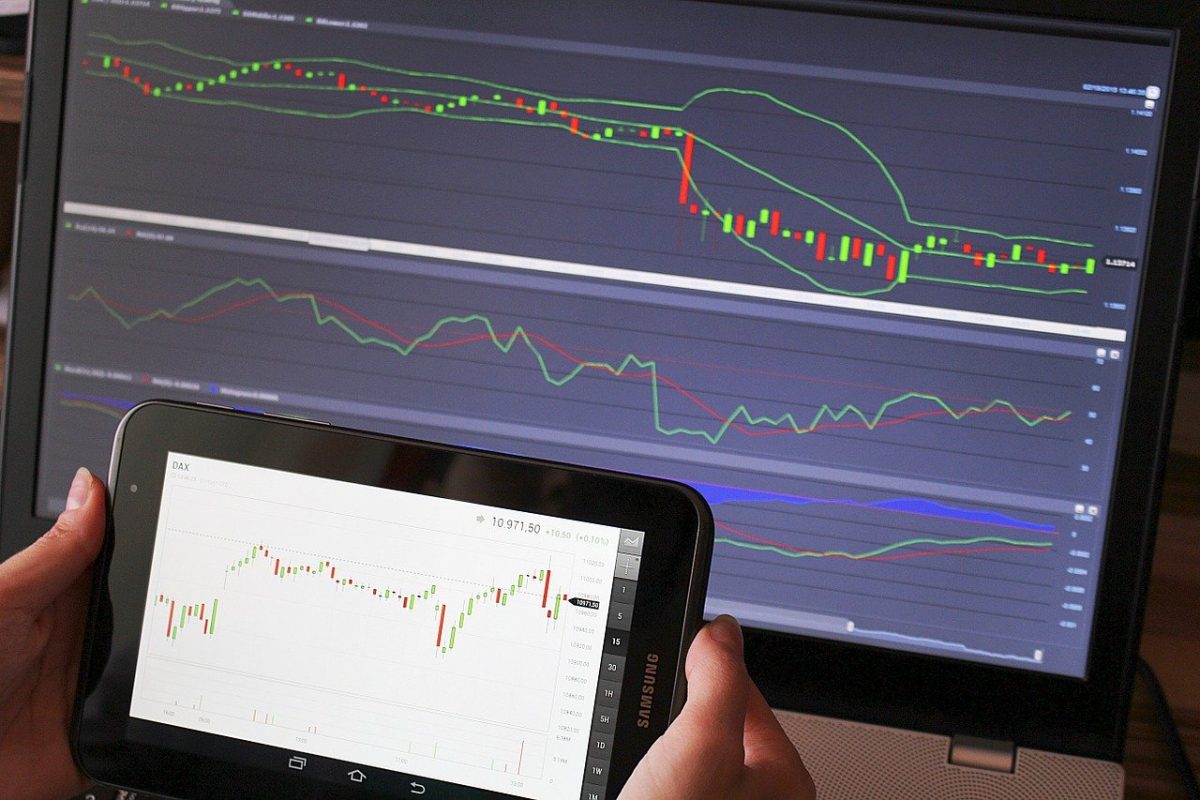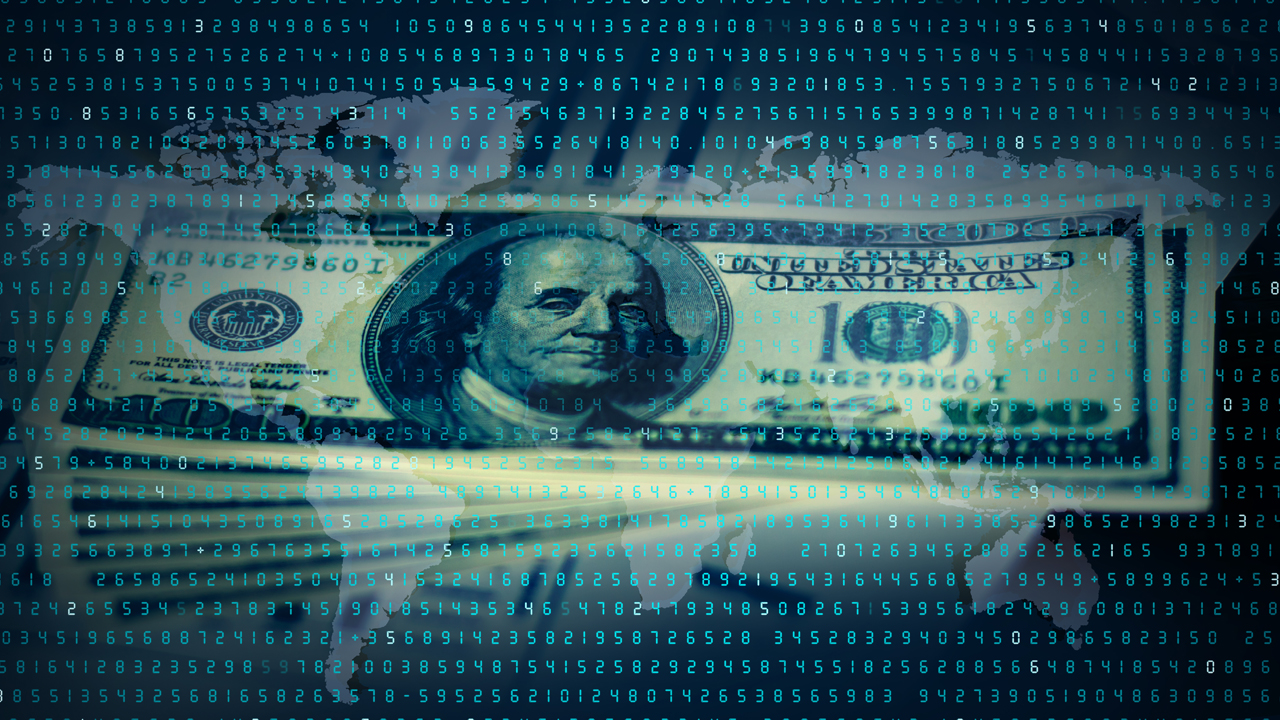Payments More Efficient with Blockchain; Industry Leaders

According to experts in the crypto industry, mainstream financial service providers, such as PayPal, Visa, and MasterCard might be one of the first to introduce crypto payment cards. There is a void in the digital payments industry that needs to be filled since Wirecard, the online payments company, is undergoing insolvency proceedings this month. Co-founder and President of the virtual currency platform Coincurve, Rod Hsu, and CEO of blockchain service provider TAAL, Jerry Chan, agreed that the industry does need some competition. According to them, this competition would shift the way people are using digital currencies as a technology or method of payment.
However, Chan said that while mainstream crypto awareness is important, it is now time to consider using blockchain for making payment services because it could provide greater efficiency. He said that payment technology was already quite efficient. But, the problem with credit cards is the cost associated with insurance and fraud prevention, and merchants and their respective banks are the ones dealing with this cost. In contrast, blockchain platforms are immutable, transparent, and don’t support coin mixing. Furthermore, fraud can be largely eliminated with the use of hiding technology, such as Bitcoin SV, which can cut down the costs of the merchants.
Hsu from Coincurve said that there are different roles involved in the current payment ecosystem. This includes banks, clearinghouses, and intermediary payment service providers, which can increase the charges and slow down the efficiency of the settlement. According to him, blockchain is a global and ubiquitous public ledger. Thus, when people send digital currencies across the globe, the settlements don’t involve any intermediaries and are sent directly on the chain. This keeps fees low and makes real-time settlement visible on this ledger. Whether Bitcoin is regarded as a technology or as a method of payment, instead of a store of value, Hsu said that it is not relevant.
He said that it could only go so far as a store of value if its property of serving as a medium of exchange wouldn’t be taken into account. Thus, if people want to see Bitcoin become a global currency, then it would have to be adopted as a payment instrument because it needs to serve the purpose as a medium of exchange. According to TAAL’s CEO, there is a lesson to be learned from the Wirecard case in the crypto industry. What is this lesson? It is that financial regulations have been implemented in the industry to protect people from these kinds of huge consumer losses and frauds.
In contrast, Hsu said that the importance of ‘transparency’ should be learned by the crypto sector from the entire Wirecard fiasco. He once again emphasized that blockchain is an open and immutable technology that can be used for fully auditing the flow of funds at any point in time. There is no denying that there is space in the crypto industry and payment providers could certainly take advantage of this gap to introduce their crypto payment card for facilitating global customers in the best possible way.


